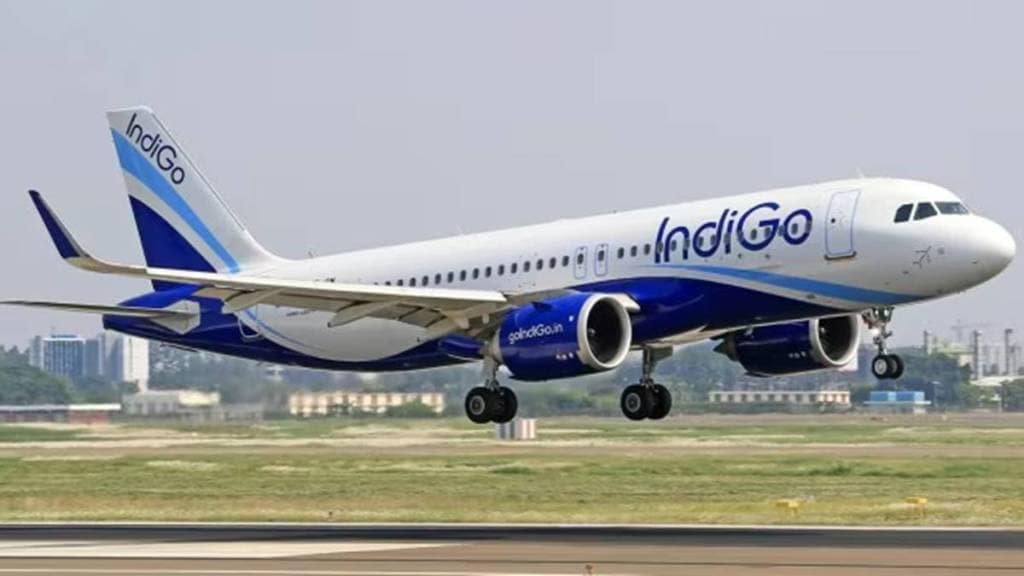An IndiGo flight experienced a ‘tail strike’ while landing at Mumbai airport on Saturday — prompting it to abort the approach and make a second successful attempt. Flight 6E 1060 had been flying in from Bangkok when it was forced to execute a low-altitude go-around due to inclement weather conditions in the city. The tail of the plane touched the runway during this maneuver — the seventh such incident faced by its Airbus A321 fleet in the past two years.
“An IndiGo Airbus A321 aircraft tail touched the runway while executing a low-altitude go-around due to unfavourable weather conditions in Mumbai. Thereafter, the aircraft carried out another approach and landed safely. Following the standard protocol, the aircraft will go through necessary checks/ repairs and regulatory clearance before resuming operations,” reports quoted an airline spokesperson as saying.
What is a low-altitude go-around?
A low-altitude go-around refers to an aborted landing maneuver — initiated when the aircraft is very close to the ground. It happens when the pilot decides not to continue the landing approach a the last moment. Such a decision is typically taken due to unsafe or unfavorable conditions including bad weather, runway obstructions, or unstable approach.
An IndiGo spokesperson said the aircraft would undergo all necessary checks and repairs and obtain regulatory clearance before resuming operations. A tail strike can become a serious incident for a plane — often leading to structural damage to the rear fuselage. This can extend from minor scrapes and cracks to damage of critical components like the pressure bulkhead.
Recurring issue?
The incident comes less than a year after the Directorate General of Civil Aviation grounded IndiGo pilots and launched a probe following a tail-strike incident on a Delhi-Bengaluru flight. It had also suspended two pilots in 2023 for a tail-strike incident at Ahmedabad airport. The aviation regulator fined IndiGo Rs 30 lakh in mid-2023 after the airline suffered four tail strike incidents on its A321 aircraft in the span of six months.


